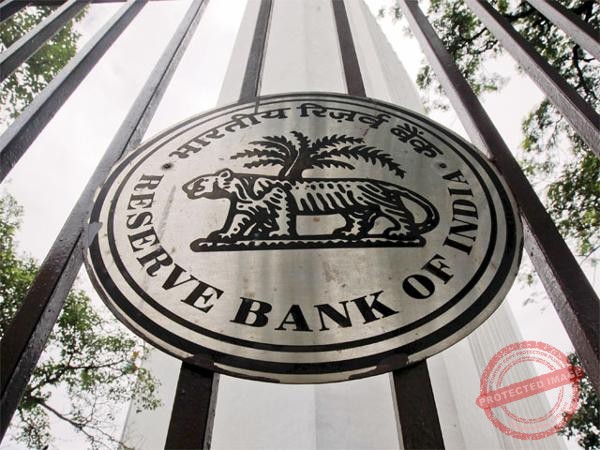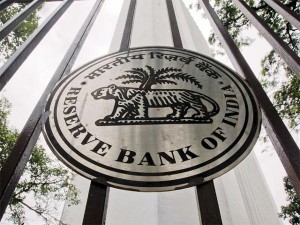On May 5, 2017, Reserve Bank of India announced that rate of interest on the Floating Rate Bonds, 2024 (FRB 2024) for the half year May 7, 2017 to November 6, 2017 has been fixed at 6.30% per annum.
- This rate is the average rate of the implicit yields (computed by considering 365 days in a year) at the cut-off prices of the last three auctions of Government of India 182 day Treasury Bills held up to May 7, 2017.
About Floating Rate Bond :
- Unlike fixed rate bonds which pay a fixed rate of interest, a floating rate bond has a variable rate.
- The rate is re-set at pre-determined intervals.

- The floating rate carries an additional spread over a base rate which generally remains constant throughout the tenure.
- The yield on the floating rate bond changes in accordance with an increase or decrease in the base rate.
- In India, Floating Rate Bonds were first issued in September 1995.
RBI makes substantial changes in norms for dealing with stressed loans
The Reserve Bank of India has released a notification through which it has introduced substantial changes in norms for dealing with stressed loans.
- This move comes on the back of Government’s ordinance to amend the Banking Regulation Act which has authorised RBI to issue directions to any banking company or banking companies to initiate insolvency resolution process in respect of a default under the provisions of the Insolvency and Bankruptcy Code (IBC), 2016.
Major Changes introduced by RBI for dealing with stressed loans:
- To enable timely decision making, RBI has been decided that, now onwards the decisions agreed upon by a minimum of 60% of creditors by value and 50% of creditors by number in the Joint Lender’s Forum (JLF) would be considered as the basis for deciding the Corrective Action Plan (CAP) under the ‘Framework for Revitalising Distressed Assets in the Economy’. Earlier the decision for CAP depended upon agreement by a minimum of 75% of creditors by value and 60% by number.
- The banks have been directed to provide appropriate mandates to their representative on JLF for implementing the decisions. In addition to this, the board of the bank should also empower their executives to implement the decision without any approval.
- Banks should implement the decision of JLP within the stipulated time of 90 days. Failing to do so will attract monetary penalty.
- Bank’s support to the decision of JLP has to be unconditional.
Effectiveness of these measures by RBI in containing the stressed assets problem will be evident in coming times.
AffairsCloud Recommends Oliveboard Mock Test
AffairsCloud Ebook - Support Us to Grow
Govt Jobs by Category
Bank Jobs Notification






